
OR
Editorial
Promoting organs donations to save lives
Published On: March 11, 2024 07:26 AM NPT By: Republica | @RepublicaNepal
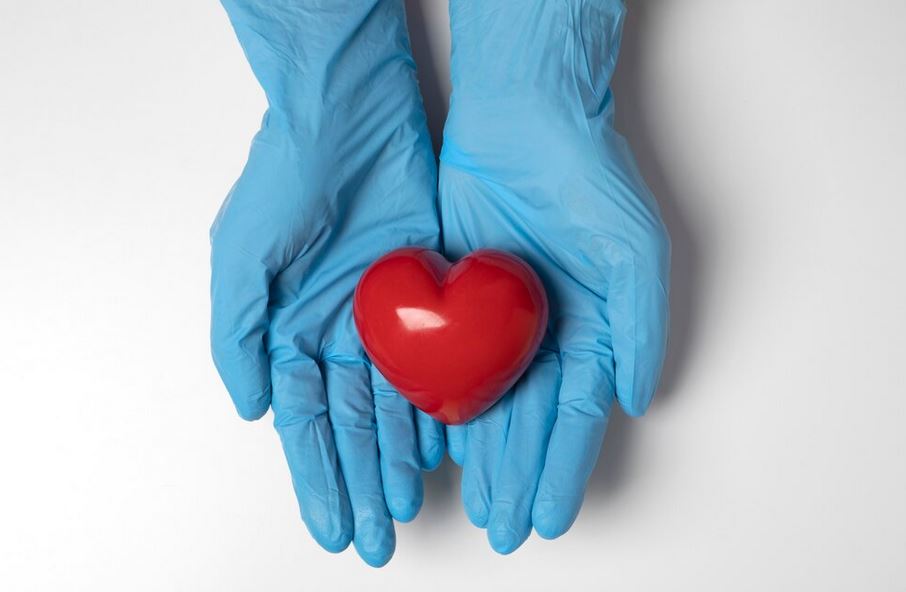
In Nepal, women are often seen in the forefront when it comes to organ donation. Our society has been blessed with this noble presence of women. But recently, this situation appears to be changing as men have also started stepping in this field, although, of course, the number is still relatively small. Recently, son-in-law Shri Krishna Manandhar did an exemplary work by donating a liver to his mother-in-law Lakshmi Devi Shrestha at the Shahid Dharma Bhakta National Transplant Center. A total of 1,212 kidney transplants have been carried out so far at the Center, also known as Human Organ Transplant Center. Of them, 72 percent of the kidney donors are women. However, the percentage of women receiving organs accounts for only 21 percent. Against this context, the case where a 20-year-old son-in-law donated his vital organ to save a 65-year-old mother-in-law indicates that the notion that women only are organ donors is changing. This particular instance should play an important role in motivating other men in our society towards organ donation.
The first thing to understand is that organs can be donated not only after death, but also while alive. What could be more important than giving one of the two organs we have to others so that the recipient can also live? One of the two kidneys can be given while still alive, and a part of the lung can also be donated to another. Also, the liver is something that regenerates in both the donor and the recipient. This helps to save the lives of others. The second aspect is that after death our bodies are buried in the soil or cremated. The organs should not be wasted if they can be used by others to get a new lease of life. The condition of more than 1,200 people who have been given a new life by the Human Organ Transplant Center conveys the message that this is the greatest service one can do to those needy people. Human organs like lungs, kidneys, hearts, livers, intestines and even skin can be donated after death to save the lives of many people.
As organ donation is yet to become a common practice in our country, it is important to raise awareness with urgency on this matter. No fee is levied to extract the organs from those who have announced that they will donate any of their organs after their death. Similarly, there is no age group barrier for organ donation. As far as the compatibility of the donor's organ with the recipient is concerned, this is something doctors will definitely examine. Therefore, if an organ that will go in waste can become the reason for someone's rebirth or longevity, why not move towards that end? This is a question that we all should think about. The Human Organs Transplant Center has prepared a list of people who want organ transplants. The practice of such organ transplants is now being carried out without discrimination on the basis of need and justification. This is a very important work if Nepal is to further increase the progress made in this field in a short period of time and save the lives of those who are in need. Currently, over 100,000 people are waiting for organ transplants in Nepal. Some need a kidney, some others a liver and some hope that they would have survived if they had a lung. As organ donation is one of the greatest pious work that one can do, it is important to create awareness among people so that they can also become a generous donor either while alive or after their death.
You May Like This
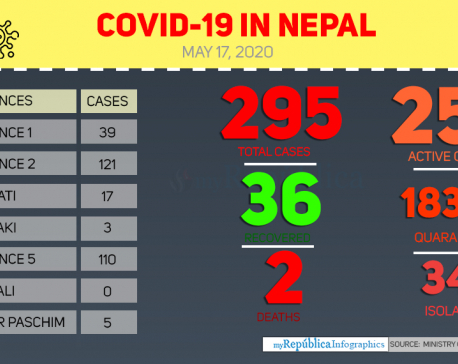
Health ministry confirms three new COVID-19 cases, number of total cases reaches 295
KATHMANDU, May 17: Nepal reported three new cases of COVID-19 on Sunday evening, taking the national tally to 295. ... Read More...
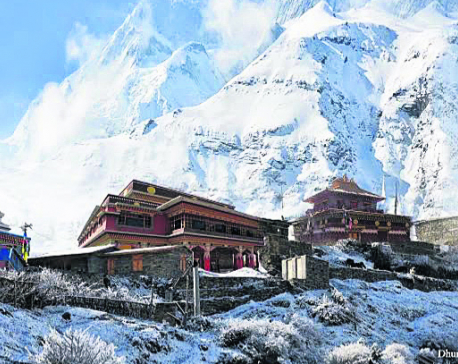
Dhurmus, Suntali to build ‘a Nepal within Nepal’
KATHMANDU, June 5: After successfully completing three settlement projects for earthquake victims and other communities, the actor couple Sitaram Kattel (Dhurmus)... Read More...
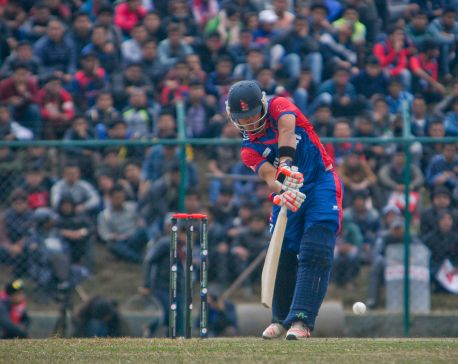
Nepal vs Kenya: Five crucial things Nepal looks for second match
KATHMANDU, March 12: Nepal is taking on Kenya on Monday in the second match of the ICC World Cricket League... Read More...




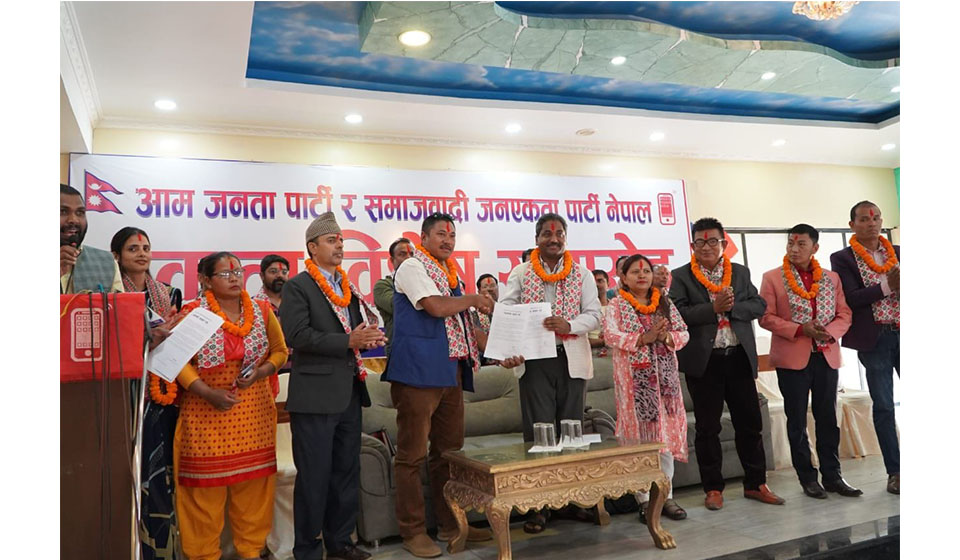


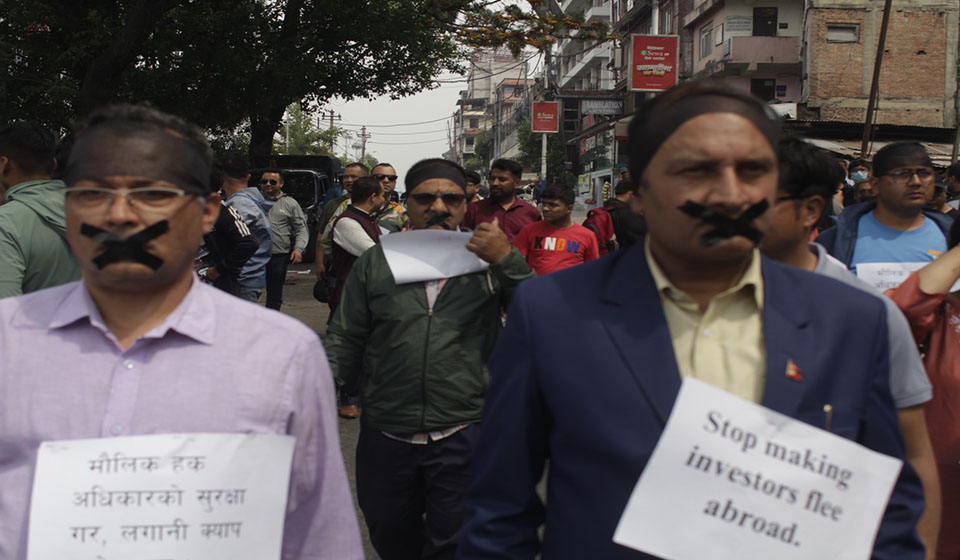
Just In
- Aam Janata Party and Samajwadi Jana Ekata Party merge
- 1,600 participants confirmed for Nepal Investment Summit
- Ilam-2 by-elections held peacefully, vote count likely to start tonight
- NEA schedules five-day power cut across Kathmandu Valley for underground cable installation
- Hundreds of passengers including foreign tourists in distress as poor visibility halts flights to and from PRIA
- Nepal clinches thrilling victory over West Indies 'A' in T20 cricket match
- Capital Market Struggle Committee stages protest demanding protection of domestic investors (Photo Feature)
- Captain Paudel scores half-century in T20 match against West Indies 'A'








-1200x560-wm_20240427144118.jpg)
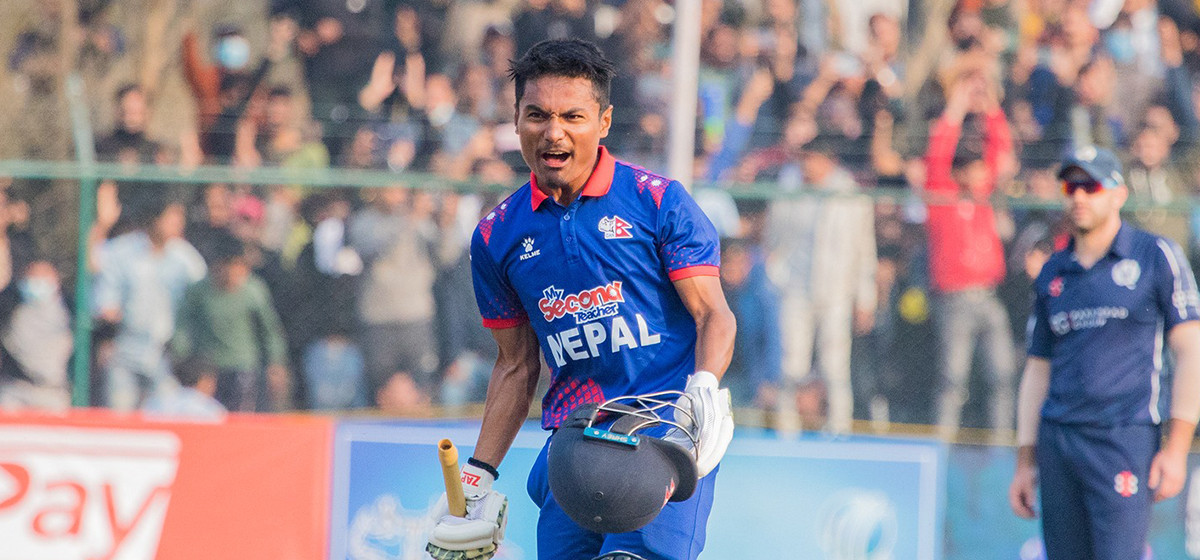
Leave A Comment